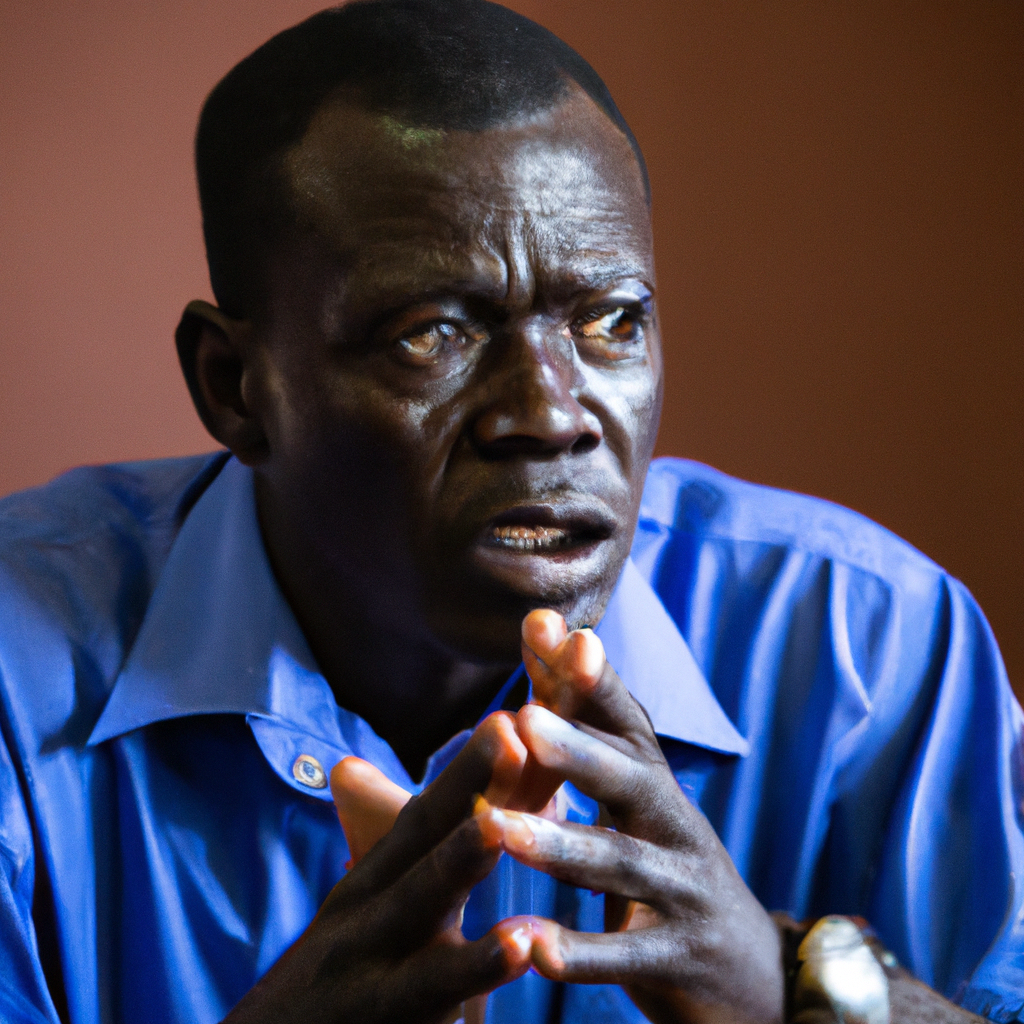Kizza Besigye, the prominent Ugandan opposition leader, is currently facing serious treason charges that could lead to the death penalty. The charges come after a series of contentious events, including allegations of inciting violence and calling for mass protests against the current government of President Yoweri Museveni. Besigye, who has been a long-standing critic of the ruling National Resistance Movement (NRM), was arrested last week during a peaceful protest in Kampala. Observers within Uganda and beyond express concern over the implications of these charges on political discourse and dissent in the country.
Background of the Charges
The Ugandan government has branded the treason charges against Besigye as necessary for maintaining national security. Besigye, who leads the Forum for Democratic Change (FDC) party, has often been at odds with government officials, demanding democratic reforms and fair elections. The recent protests he called for were viewed as a direct challenge to Museveni’s authority, which has been in power since 1986.
- Key developments include:
- Besigye’s arrest during a demonstration.
- Government statements emphasizing the need to curtail violence.
- Condemnation from local and international human rights organizations regarding the crackdown on dissent.
Implications for Political Climate
The treason allegations have escalated tensions in Uganda’s already charged political atmosphere. Critics argue that the government is using these charges to stifle opposition and intimidate dissenters. Human rights advocates fear that this could set a precedent for future crackdowns on political figures and activists. Besigye’s previous arrests and the government’s heavy-handed approach towards demonstrators underscore a growing concern over civil liberties in Uganda.
In addition, there are fears that the increased suppression of political opposition could exacerbate existing social tensions within communities, leading to more unrest. The implications for Uganda’s political future are uncertain, with many observers questioning whether this could potentially spark wider protests or unify opposition factions against the Museveni regime.
Local and International Reactions
The reaction to Besigye’s situation has been swift, with various political and civil society groups in Uganda voicing their support for him. Protests broke out in several towns following his arrest, reflecting a growing discontent among Ugandans regarding the handling of political dissent. Additionally, international human rights organizations have condemned the government’s actions, calling for the immediate release of opposition leaders detained on politically motivated charges.
- Key reactions include:
- Calls for action from the United Nations to address human rights violations.
- Statements from neighboring African nations urging diplomatic solutions.
- Expressions of solidarity from global human rights activists.
The Road Ahead
As Kizza Besigye navigates the treason charges, the implications for Uganda’s political landscape remain pivotal. The case serves as a litmus test for the country’s commitment to democratic principles and human rights. Legal experts predict a protracted battle in the courts, where the outcome could significantly impact the opposition’s effectiveness in future elections.
Moreover, this situation raises critical questions about the influence of political party dynamics in Uganda. The FDC, under Besigye’s leadership, has historically challenged the ruling party, but the current crisis may require new strategies for mobilizing supporters. In a climate characterized by fear and repression, the long-term effects on political engagement and civil society remain uncertain.
In conclusion, with the threat of the death penalty looming over Besigye, the stakes for Uganda are not only about one man’s freedom but also about the broader fight for democratic governance. The next steps taken by both the government and opposition will be crucial in shaping the narrative of Uganda’s political future in the coming months.







